Goldendoodles, the affable and fluffy crossbreeds that have captured the hearts of dog lovers worldwide, require a balanced diet to maintain their health and energy. But how much should you feed a Goldendoodle? Determining the right amount involves considering the calories in the food, the dog’s age, size, and activity level. This comprehensive guide will take you through the nutritional needs of a Goldendoodle, approximate feeding amounts, and the cost implications of their diet.
1. Understanding Goldendoodle Nutritional Needs
Goldendoodles come in various sizes, which means their nutritional requirements can differ significantly. It’s vital to understand that what fuels a Miniature Goldendoodle won’t necessarily suffice for a Standard Goldendoodle. These dogs need a balanced diet rich in proteins, carbohydrates, fats, vitamins, and minerals. Puppies, especially, require more protein and fat to aid their rapid growth and development.
2. Factors Affecting Food Quantity
Several factors influence how much your Goldendoodle should eat. Age is a significant factor; puppies generally eat more than adult dogs. Your dog’s activity level also plays a role – a more active Goldendoodle will need more calories than a sedentary one. Moreover, the dog’s metabolism and health status will affect its dietary needs.
3. Calculating the Right Amount
The amount of food a Goldendoodle requires hinges on the calorie content of the food. A typical adult Goldendoodle may need about 20 calories per pound of body weight per day, while puppies could require up to twice that amount. To calculate the right amount, start by looking at the caloric content on the food packaging and adjust according to your dog’s needs.
4. Estimating Food Portions
For a standard adult Goldendoodle weighing around 50 pounds, you would start with a baseline of around 1,000 calories a day. If you’re feeding your dog a commercial diet, this could translate to approximately 2.5 to 3 cups of kibble per day. However, for a more accurate measurement, refer to the feeding guide on your dog food’s packaging and consult with your veterinarian.
5. Adjusting for Weight Management
Weight management is crucial for Goldendoodles, as obesity can lead to health issues. If your dog needs to lose weight, you will need to reduce its daily calorie intake gradually. Conversely, underweight dogs may need more food or a diet with higher calorie density. Monitor your dog’s weight and body condition closely and adjust feedings as necessary.
6. The Role of Treats and Extras
Treats and extras should not make up more than 10% of your Goldendoodle’s daily caloric intake. Overfeeding with treats can lead to obesity and nutritional imbalances. Choose low-calorie, nutritious treats, and always account for them in the total daily food allowance.
7. Sample Feeding Schedule
A sample feeding schedule for an adult Goldendoodle might involve two meals a day – morning and evening – with the daily food allowance divided between these meals. Puppies may require three to four smaller meals spread throughout the day to support their developmental needs.
8. Special Dietary Considerations
Some Goldendoodles may have special dietary needs due to health issues such as allergies or sensitivities. In such cases, a specialized diet may be necessary, and the feeding amount might differ from standard recommendations. Always work with a veterinarian to determine the best diet for your dog’s specific needs.
9. Cost of Feeding a Goldendoodle
The monthly cost of feeding a Goldendoodle will vary based on the type and quality of food you choose. On average, for premium dog food, you might expect to spend anywhere from $40 to $100 per month. This estimate can fluctuate with the dog’s size, appetite, and any additional dietary requirements.
10. Monitoring and Adjusting Over Time
Regularly monitoring your Goldendoodle’s response to its diet and making necessary adjustments is key. As dogs age, their dietary needs can change. Regular check-ups with the vet will help you keep track of these changes and ensure that your Goldendoodle remains healthy and happy throughout its life.
Our 5 Top Foods for Goldendoodles
The diets were selected by our founder Justin Palmer, a certified canine nutrition expert, specifically with Goldendoodles in mind:
Conclusion
Conclusion Feeding your Goldendoodle the right amount is a dynamic process that requires attention and adjustments as your dog grows and changes. Start with the guidelines provided, but be prepared to tailor your dog’s diet to their individual needs. With careful monitoring and a little bit of knowledge, you can ensure that your Goldendoodle is well-fed, healthy, and full of life.
Frequently Asked Questions About Feeding a Goldendoodle
1. How many times a day should I feed my adult Goldendoodle?
Adult Goldendoodles usually do best on a twice-a-day feeding schedule. This routine helps to keep their metabolism steady and prevents hunger pangs. Consistency is key, so try to feed them at the same times each day for the best results.
2. What type of diet is most appropriate for a Goldendoodle?
A balanced diet for a Goldendoodle should include high-quality animal proteins, healthy fats, carbohydrates for energy, and essential vitamins and minerals. Look for dog foods that are specifically formulated for medium to large breeds and consult with your vet to tailor the diet to your dog’s specific needs.
3. Is it okay for Goldendoodles to eat grain-free dog food?
Grain-free diets can be suitable for Goldendoodles, especially if they have a grain allergy. However, it’s crucial to ensure that the food is well-balanced and meets your dog’s nutritional needs. Always consult with a vet before making significant changes to your dog’s diet.
4. How much water does a Goldendoodle need each day?
Goldendoodles need plenty of water to stay hydrated, typically about one ounce of water per pound of body weight per day. Always provide constant access to clean water, and if you notice your dog drinking significantly more or less than usual, it could be a sign of a health issue.
5. Can Goldendoodles eat human foods?
While Goldendoodles can eat certain human foods as occasional treats, it’s important to avoid anything toxic to dogs, such as chocolate, onions, grapes, and foods containing xylitol. Stick to dog-safe fruits and vegetables and avoid seasoned or processed human foods.
6. How can I tell if my Goldendoodle is overweight?
Check for excess fat over the ribs, a lack of a defined waist, and a rounded abdomen to determine if your Goldendoodle is overweight. A visit to the vet can provide a professional evaluation and recommendations for weight management if needed.
7. Is a vegetarian diet healthy for Goldendoodles?
While dogs can survive on a vegetarian diet, it’s not ideal for their nutritional needs. If you’re considering a vegetarian diet for your Goldendoodle, it’s imperative to consult with a veterinary nutritionist to ensure all nutrient requirements are being met to maintain your dog’s health.
8. What should I do if my Goldendoodle is a picky eater?
For a picky Goldendoodle, make sure the food is fresh and at room temperature. You can also try adding a small amount of wet food or a low-sodium broth to make the kibble more appealing. If the issue persists, consult your vet to rule out any underlying health problems.
9. How much should a growing Goldendoodle puppy eat?
Growing Goldendoodle puppies have higher energy needs and should be fed three to four times a day. The amount will vary depending on the puppy’s age, size, and the type of food you’re giving. Always follow the feeding guide on the puppy food package and adjust as needed based on your vet’s advice.
10. Can Goldendoodles have dairy products like milk and cheese?
Dairy products should be given to Goldendoodles in moderation, as many dogs are lactose intolerant and can experience digestive upset. If you choose to give your dog dairy, it should be in small amounts and not a regular part of their diet. Watch for any signs of stomach distress.
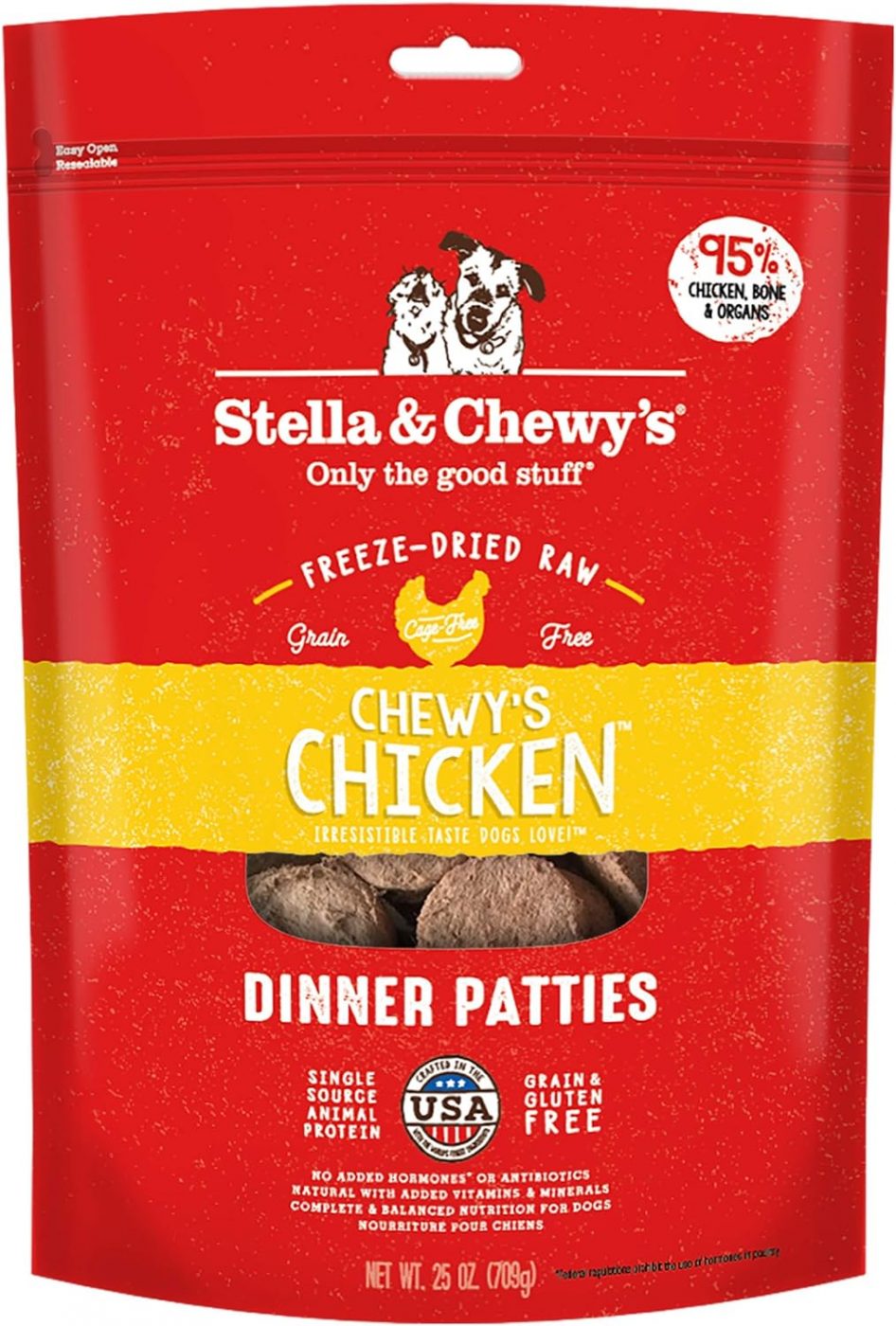
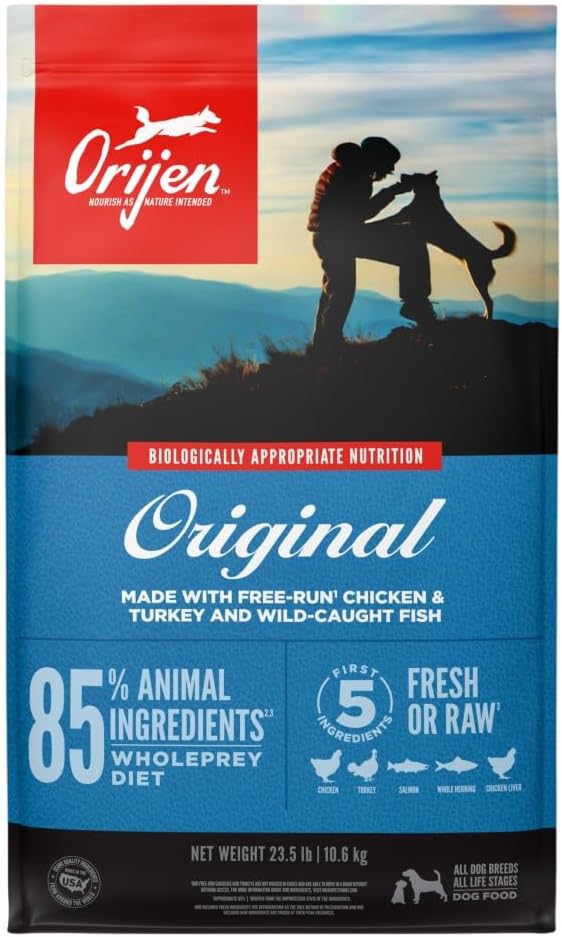
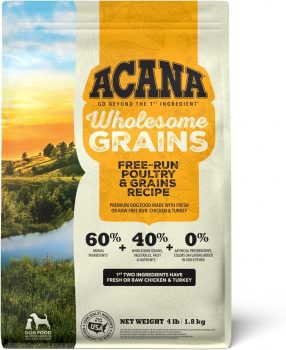
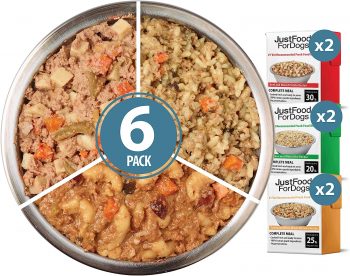
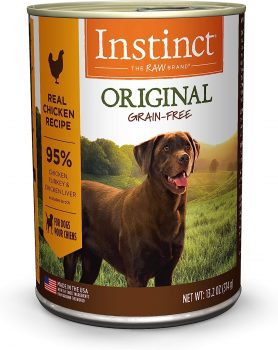
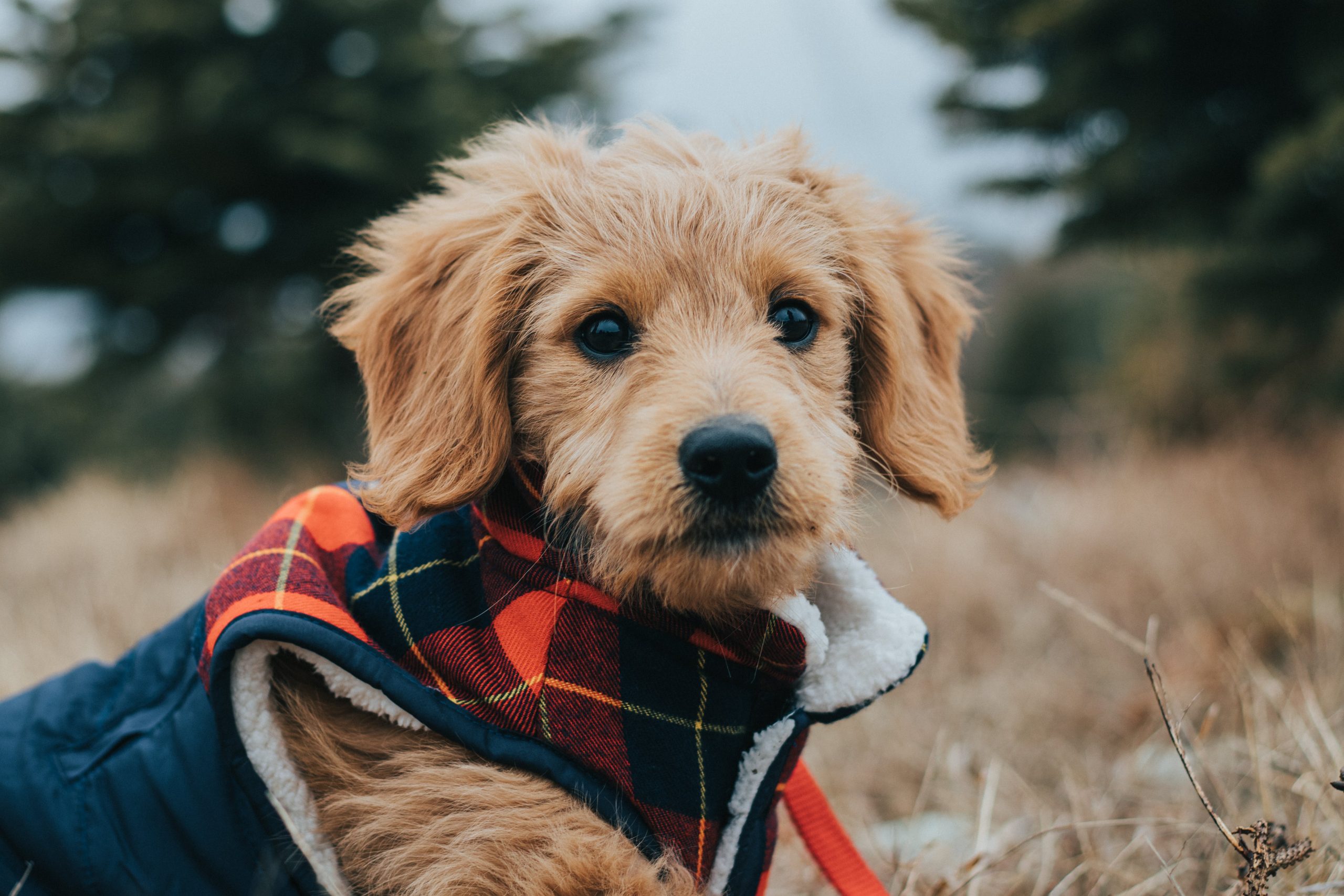
 Toledo, United States.
Toledo, United States.